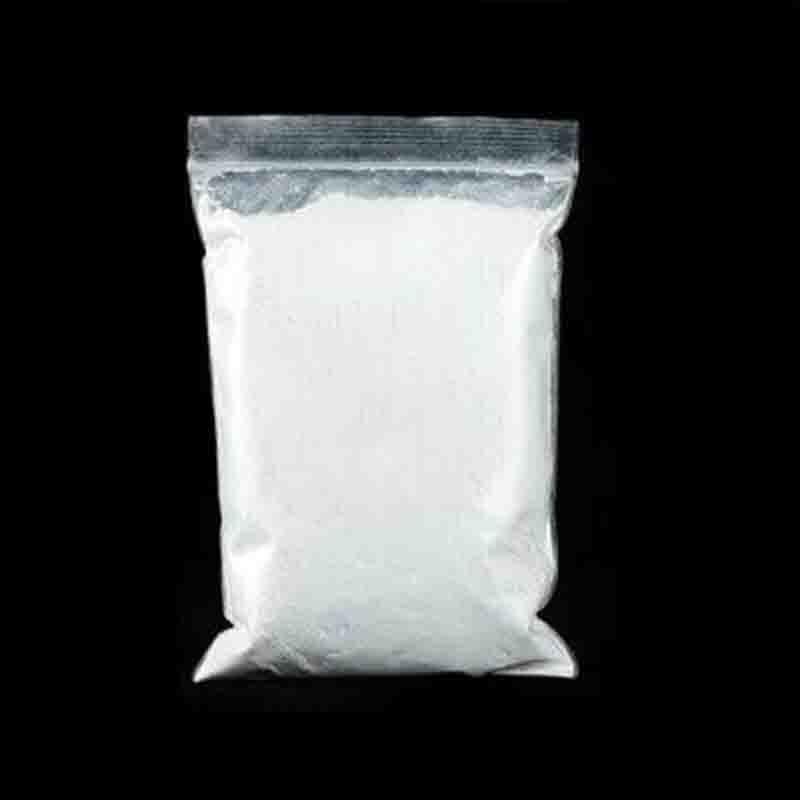-
Categories
-
Pharmaceutical Intermediates
-
Active Pharmaceutical Ingredients
-
Food Additives
- Industrial Coatings
- Agrochemicals
- Dyes and Pigments
- Surfactant
- Flavors and Fragrances
- Chemical Reagents
- Catalyst and Auxiliary
- Natural Products
- Inorganic Chemistry
-
Organic Chemistry
-
Biochemical Engineering
- Analytical Chemistry
-
Cosmetic Ingredient
- Water Treatment Chemical
-
Pharmaceutical Intermediates
Promotion
ECHEMI Mall
Wholesale
Weekly Price
Exhibition
News
-
Trade Service
There is an urgent need to develop effective treatments for patients with major depressive disorder (MDD) who do not respond effectively to conventional treatments such as medication and psychotherapy
.
For these patients, possible treatment options include neurosurgical treatments such as deep brain stimulation (DBS) or ablation procedures
.
Several explanations have been proposed to explain the results, including patient selection, trial design, target selection, and DBS parameters
.
The Hamilton Rating Scale for Depression (HAM-D) and the Montgomery-Osberg Depression Rating Scale (MADRS) are the two most commonly used primary outcome measures in MDD neurosurgery trials
.
Despite being classified as a non-responder based on her HAM-D and MADRS change scores, the woman reported a significant improvement in her quality of life and function, and said the treatment was successful in her opinion
Diagnosis In the management of MDD, the woman had failed multiple drug trials and had little benefit from psychotherapy, repetitive transcranial magnetic stimulation, and electroconvulsive therapy
Six months after treatment at age 12, the woman had a HAM-D score of 22 (intermediate range; 15% decrease from baseline) and a MADRS score of 28 (intermediate range; 30% decrease from baseline), both of which The outcome measures all classified her as a non-responder
.
Despite the COVID-19 restrictions, she hasn't seen it in person
While there are valid scales for assessing these structures, further research is needed to determine the most appropriate measures and clinically relevant cutoffs for neurosurgical trials
.
The questions raised here may extend to neurosurgery trials in other neuropsychiatric disorders
.
While there are valid scales for assessing these structures, further research is needed to determine the most appropriate measures and clinically relevant cutoffs for neurosurgical trials
.
The questions raised here may extend to neurosurgery trials in other neuropsychiatric disorders
.
RabinJS ,NymanAJ ,DavidsonB RabinJS Rabin NymanAJ Nyman Davidson B Davidson , et al Commonly used outcome measures in neurosurgical trials for major depressive disorder might not capture clinically meaningful treatment effects Journal of Neurology, Neurosurgery & Psychiatry Published Online First: 25 January 2022.
Published Online First: doi: 10.
1136/jnnp-2021-327688 doi: leave a message here







